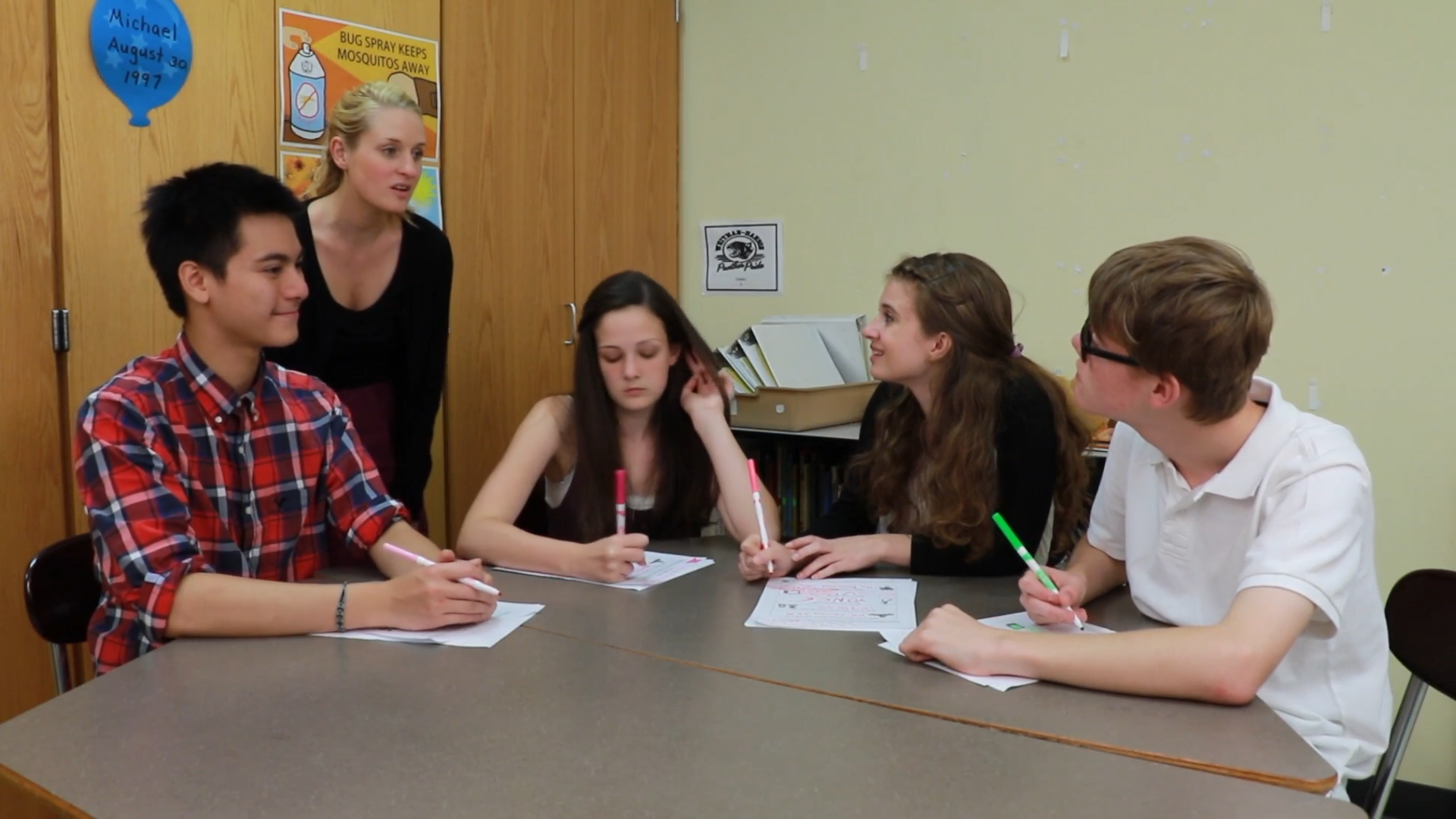Introduction
First impressions are crucial in establishing positive relationships and setting the stage for future interactions. For students in special education, understanding the importance of making a good first impression can be an essential skill to build strong social connections and boost self-confidence. This blog post discusses the concept of first impressions and provides educators with a no-prep activity, discussion questions, and related skills to help students grasp the significance of making a positive impact from the start.
No-Prep Activity: The First Impression Role-Play
This activity requires no preparation or materials from the educator. Divide students into pairs and assign each one a role: Person A and Person B. Instruct Person A to act as a new student entering the class, while Person B is an existing student. The existing student should practice making a good first impression by introducing themselves, smiling, and asking a question about the new student’s interests or experiences. After a brief interaction, have the pairs switch roles and repeat the exercise. This role-play activity allows students to practice making a good first impression in a safe and controlled environment.
Discussion Questions
- Why is making a good first impression important? How can it affect future interactions with others?
- What are some ways we can make a positive first impression when meeting new people?
- How do you feel when someone doesn’t make an effort to make a good first impression? How does it affect your thoughts about that person?
- Can you share an experience where you made a good first impression or someone made a positive impact on you? How did it make you feel?
- How can we practice making good first impressions in our everyday lives?
Related Skills
Besides making a good first impression, there are other social-emotional learning skills that students can benefit from. Some of these include:
- Active listening: Paying attention and showing interest in what others are saying.
- Empathy: Understanding and sharing the feelings of others.
- Effective communication: Expressing thoughts and feelings clearly and respectfully.
- Assertiveness: Standing up for oneself while respecting the rights and feelings of others.
- Conflict resolution: Addressing disagreements in a calm and constructive manner.
Next Steps
Teaching students the importance of making a good first impression is just one aspect of social-emotional learning. There is a wealth of other skills and concepts that can help students navigate social situations and foster positive relationships. We encourage you to explore more and sign up for free sample materials at Everyday Speech to support your students’ growth in this essential area of learning.






